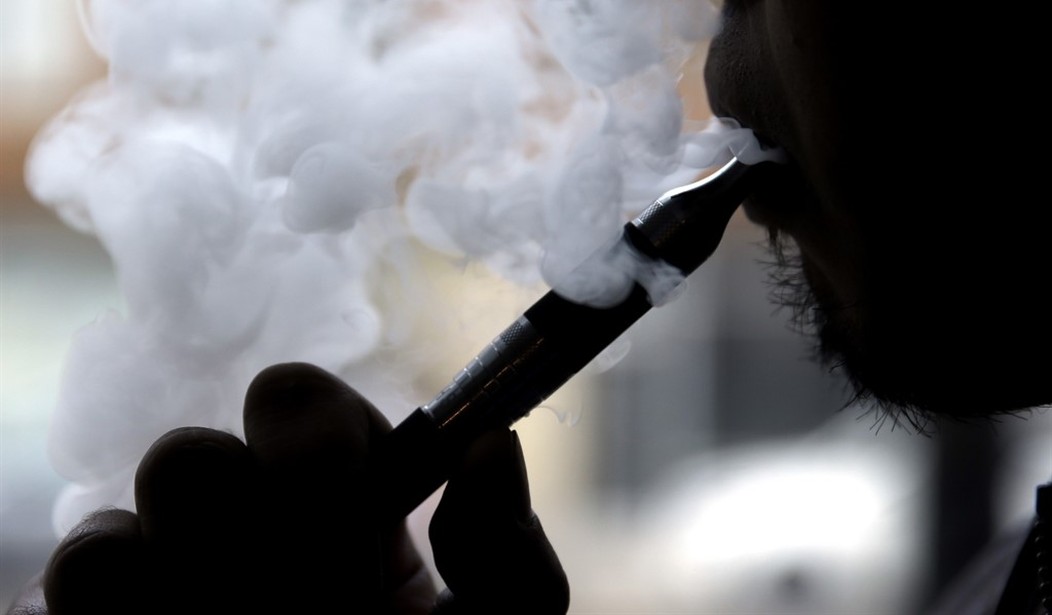According to President Reagan, the most terrifying words in the English language are: “I'm from the government and I'm here to help.” I was reminded of this phrase after learning about the recently announced Food and Drug Administration (FDA) policy designed to curb teenagers’ access to e-cigarettes and other vaporizer products.
While I am sympathetic to outgoing FDA Commissioner Gottlieb’s goal, it is always worrying when the government’s solution could cause more harm than good.
A recent study, released by the National Institute on Drug Abuse, indicated that teenage smoking is on the rise due to the accessibility of e-cigarettes and vaporizers that are not only deemed safer than traditional cigarettes but oftentimes come in candy flavors like “gummy bear” or “stuffed French toast.”
While it is true that e-cigarettes can be a healthier alternative to traditional smoking due to the lack of combustion, they still contain addictive nicotine and are in large part responsible for the reversal of the decades-long decline in teenage smoking.
So, while I wholeheartedly agree that this is a problem that must be addressed, as a conservative, I have a bit of heartburn over Commissioner Gottlieb’s proposed solution, which includes the government picking winners and losers in the free market by designating where these products can and cannot be sold.
It is already illegal for individuals under the age of 18 to purchase vaping devices, yet they still manage to acquire them through a multitude of different ways. Therefore, it is critical to examine the research and determine where exactly our system has failed, so we do not waste tax dollars on useless policies - which is exactly what the FDA is doing with these new e-cigarette guidelines.
Recommended
In part, teenagers gain access to e-cigarette products by virtue of their internet-savvy generation, which helps them out-maneuver alleged “age restricted” online ordering. Research shows that 12% of minors who purchased e-cigarettes did so online, an issue that is not addressed under the FDA’s new policy.
In addition, 22% of teens who acquired e-cigarettes and other vaping devices from retail locations bought it at vape shops, which are not targeted under the new FDA guidelines.
Nearly 45% of teenagers got their device from a friend, as a gift, or after giving someone else money to buy the product for them. And nothing in these new policies will stop those teens.
The government is creating new policies to curb teen e-cigarette use but is ignoring some of the key avenues that these teens are using. So, how effective could this policy be?
In truth, not very.
Less than 2% of teens buy their e-cigarette products at convenience, gas or grocery stores, the only types of locations that would be banned from selling flavored e-cigarette pods under the new FDA guidelines.
The rise in e-cigarette use by teens is definitely a public health concern. But, as with many things, the government’s solution is a half-measure, at best. And at worst, it is government intervention that distorts the free market and would hurt local gas stations and convenience stores, while not preventing teens from acquiring these products.
So, when the FDA says it is here to help, I can’t stop wondering “to help whom?” President Trump’s Administration knows better than to work on behalf of Silicon Valley e-cigarette companies like Juul, and I remain hopeful that interim FDA Commissioner Ned Sharpless does not implement this one-sided policy.
Gus Portela is the National Executive Director of Accuracy in Media.























Join the conversation as a VIP Member